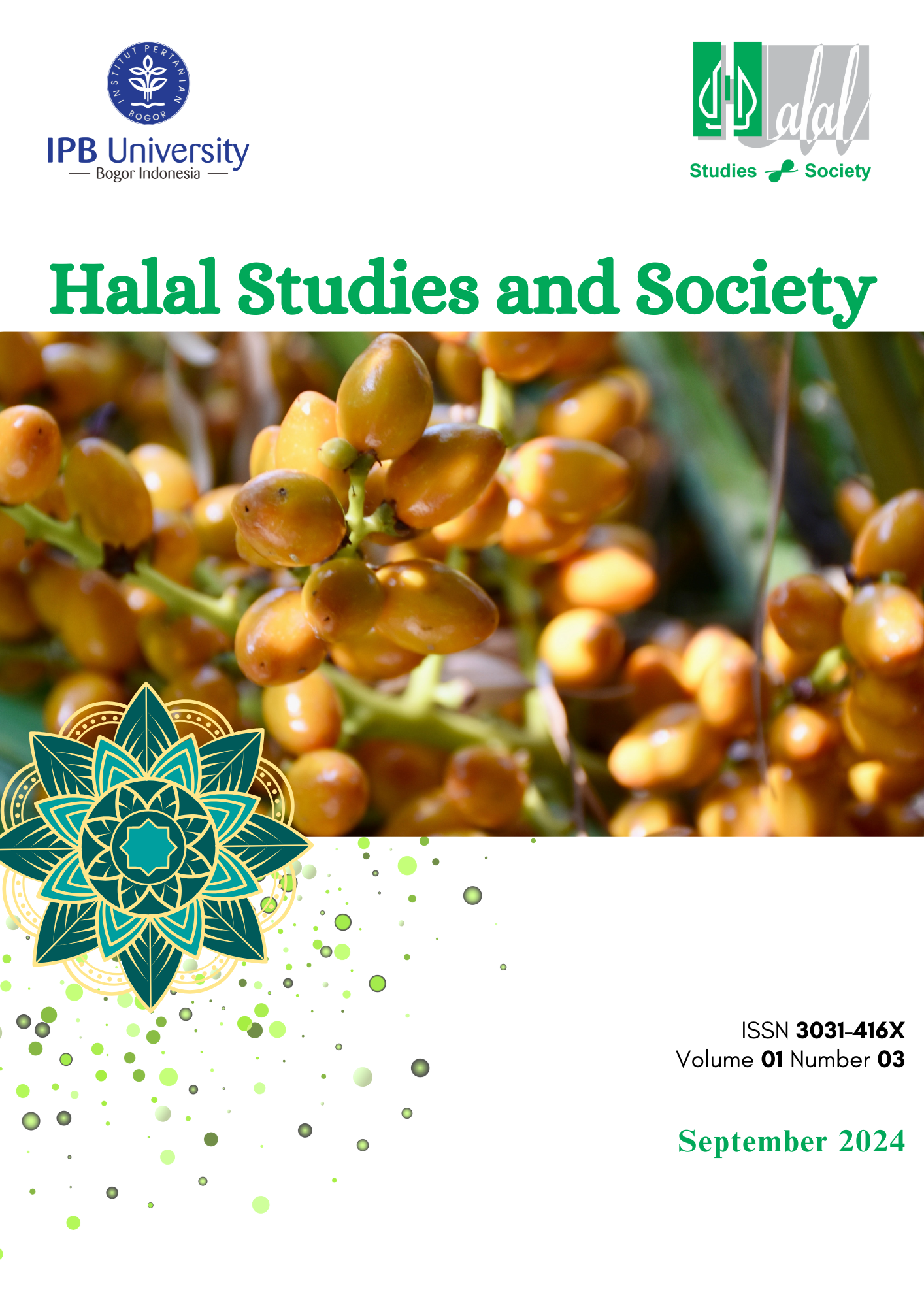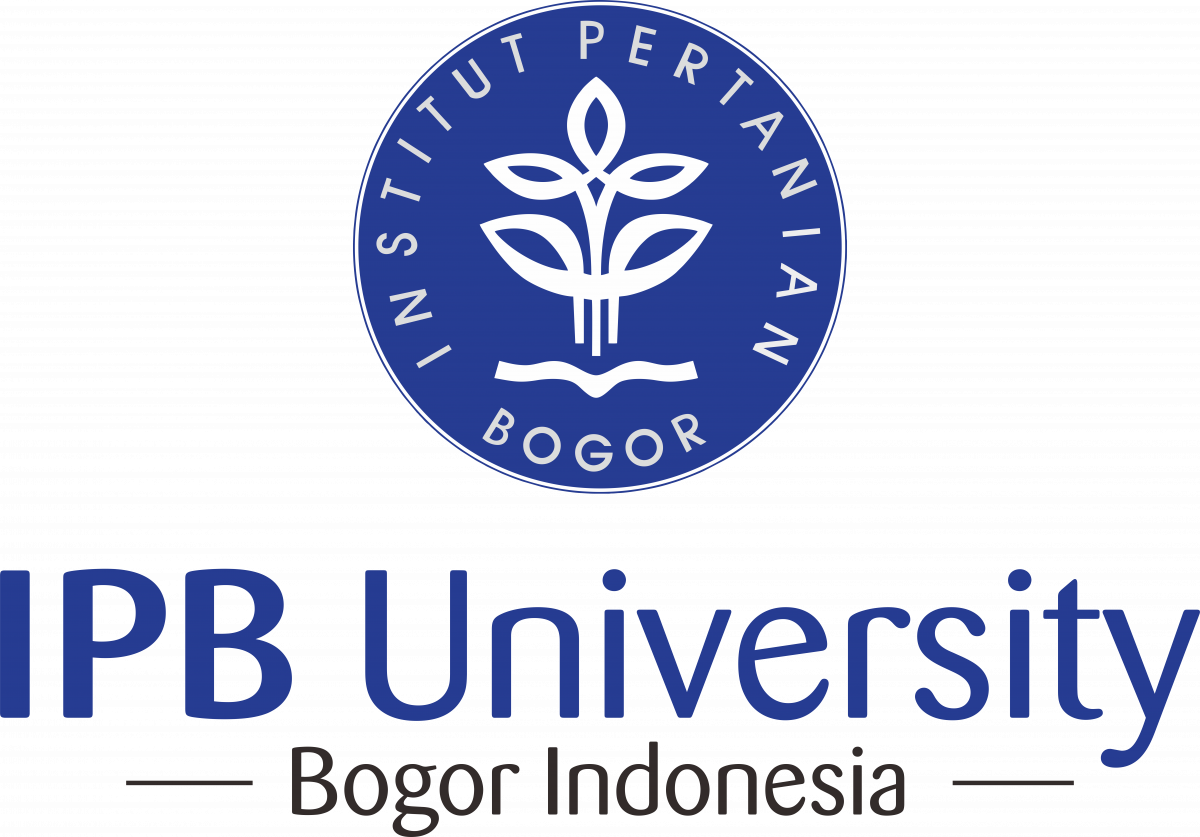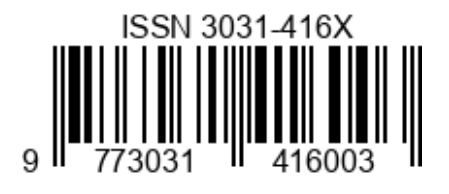Application “halal path” with learning features, assistance for MSMEs in halal certification process with the use of IoT systems
Abstract
Muslim population in Indonesia is approximately 229.62 million, accounting for 87.2% of the country’s total population. With this large Muslim demographic, there is a growing need for Halal-certified food sources that are safe for consumption. However, many MSMEs (Micro, Small, and Medium Enterprises) in the country face significant challenges in obtaining Halal certification due to various factors. These include geographical barriers, expensive certification processes, limited understanding of online services, and public perceptions that Halal certification is unnecessary for MSMEs. To address the challenges, changes have been made to Indonesian Halal Certification System, particularly the introduction of regular and self declare programs. Therefore, this study aims to develop Halal Path application to support the self declare program for eligible MSMEs and enhance the economy, reputation, and cultural globalization of Indonesia. This initiative seeks to create safe and comfortable conditions for Muslims and improve food safety and quality. The study procedures were carried out using an academic literature review focusing on legal frameworks and Halal certification processes, which integrate Internet of Things (IoT) to streamline Halal supply chain management in industrial and agricultural contexts. The proposed Halal Path comprised 6 stages, namely educational videos on Halal system in Indonesia, video tutorials for obtaining business identification numbers (NIB), instructions for applying for Halal certification under both regular and self declare programs, Halal Assurance System (HAS) training, internal audits, and monitoring. In addition, the application “Halal Path” included a supplier information feature using IoT to help MSMEs obtain safe and Halal raw materials effectively.
References
Dwiyatno S, Krisnaningsih E, Ryan Hidayat D, Sulistiyono. Smart agriculture monitoring penyiraman tanaman berbasis Internet of Things (IoT). PROSISKO: Jurnal Pengembangan Riset Dan Observasi Sistem Komputer. 2022;9(1):38-43. https://doi.org/10.30656/prosisko.v9i1.4669
Farid A, Romadi U, Witono D. Faktor-faktor yang mempengaruhi adopsi petani dalam penerapan sistem tanam jajar legowo di Desa Sukosari Kecamatan Kasembon Kabupaten Malang Provinsi Jawa Timur. Jurnal Penyuluhan. 2018;14(1). https://doi.org/10.25015/penyuluhan.v14i1.19226
Izzudin M, Adinugraha HH. Potential development of halal industry in Indonesia. LIKUID: Jurnal Ekonomi Industri Halal. 2021;2(1):1-16. https://doi.org/10.15575/likuid.v2i1.14915
Morchid A, Alblushi IGM, Khalid HM, Alami RE, Sitaramanan SR, Muyeen SM. High technology agriculture system to enhance food security: A concept of smart irrigation system using Internet of Things and cloud computing. Journal of the Saudi Society of Agricultural Sciences. 2024. https://doi.org/10.1016/j.jssas.2024.02.001
Nainggolan SB, Batubara C. Manajemen kualitas pangan dalam perspektif jaminan halal. Zenodo (CERN European Organization for Nuclear Research). 2023;1(6).
Sandi GH, Fatma Y. Pemanfaatan teknologi Internet of Things (IoT) pada bidang pertanian. JATI: Jurnal Mahasiswa Teknik Informatika. 2023;7(1):1-5. https://doi.org/10.36040/jati.v7i1.5892
Saputri BM, Astutik R. Dampak sertifikasi halal terhadap peningkatan kelas UMKM di Indonesia: Sebuah kajian literatur. Seminar Nasional Potensi dan Kemandirian Daerah. 2024;72-81.
Setyawan DY, Syahputri R, Nurfiana, Nurjoko. Internet of Things (IoT) application smart farming to optimize tomato growth. Proceeding International Conference on Information Technology and Business (ICITB). 2022;81-90.
Silalahi PR, Imsar, Fattah A. Industri halal sebagai solusi peningkatan pertumbuhan ekonomi di Nusa Tenggara Barat. Jurnal Ilmiah Ekonomi Islam. 2024;10(2):1444-54.
Taj S, Imran AS, Kastrati Z, Daudpota SM, Memon RA, Javed A. IoT-based supply chain management: A systematic literature review. Internet of Things. 2023;24(100982):100982-100982. https://doi.org/10.1016/j.iot.2023.100982
Utari D, Fasa MI, Suharto. Industri halal berkontribusi terhadap pertumbuhan ekonomi di era pandemi Covid-19: Peluang dan tantangan. Jurnal Bina Bangsa Ekonomika. 2022;15(1):87-98. https://doi.org/10.46306/jbbe.v15i1.119
Waharini FM, Purwantini AH. Model pengembangan industri halal food di Indonesia. 2018. https://doi.org/10.18326/muqtasid.v9i1.1-13
Waluyo T. Application of Internet of Things (IoT) technology in agro-industrial supply chain management. Jurnal Info Sains: Informatika dan Sains. 2023;13(03):1195-200.
Winarto AJ, Madja NME. Analisis implementasi sistem manajemen mutu dalam meningkatkan pemasaran produk di UD Mas Achiad Gresik. Jurnal Manajemen Pengembangan Industri Kecil Menengah. 2021;16(1):62-9. https://doi.org/10.29244/mikm.16.1.62-69
Copyright (c) 2024 Nathania Adlyn, Charlotte Corinthians Waworuntu, Rindah Febriana Suryawati

This work is licensed under a Creative Commons Attribution-ShareAlike 4.0 International License.












